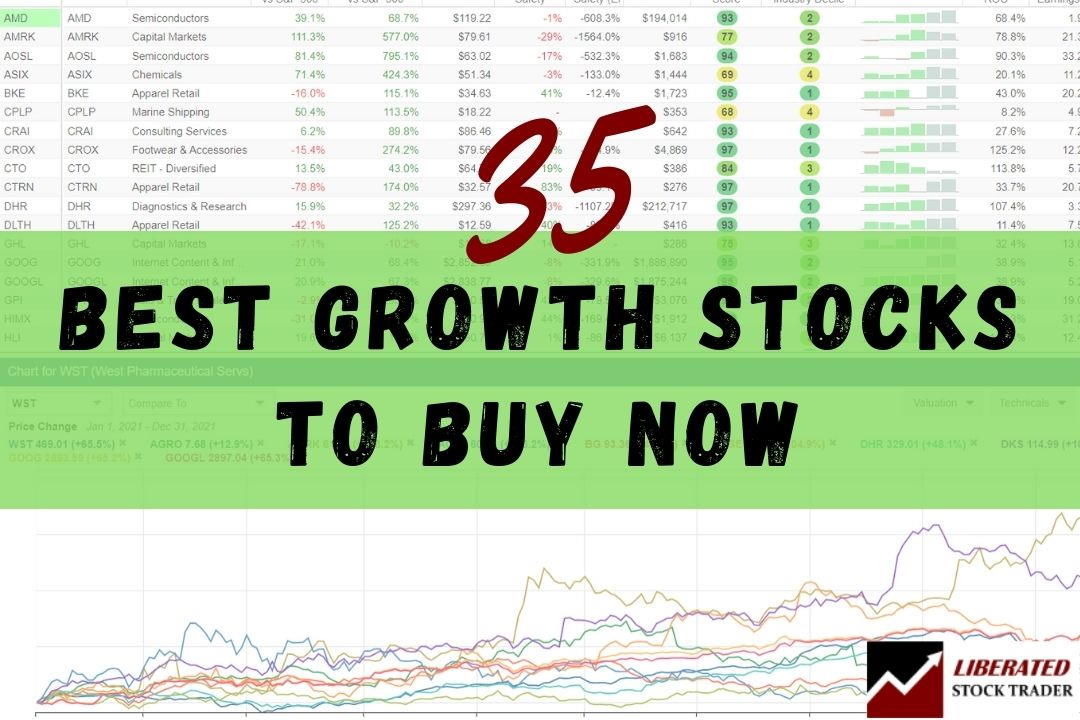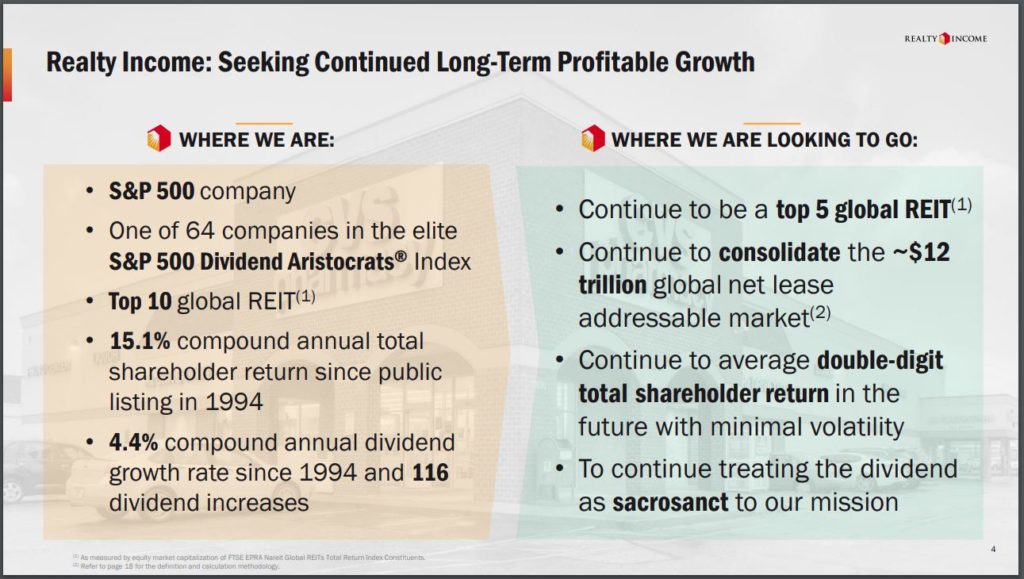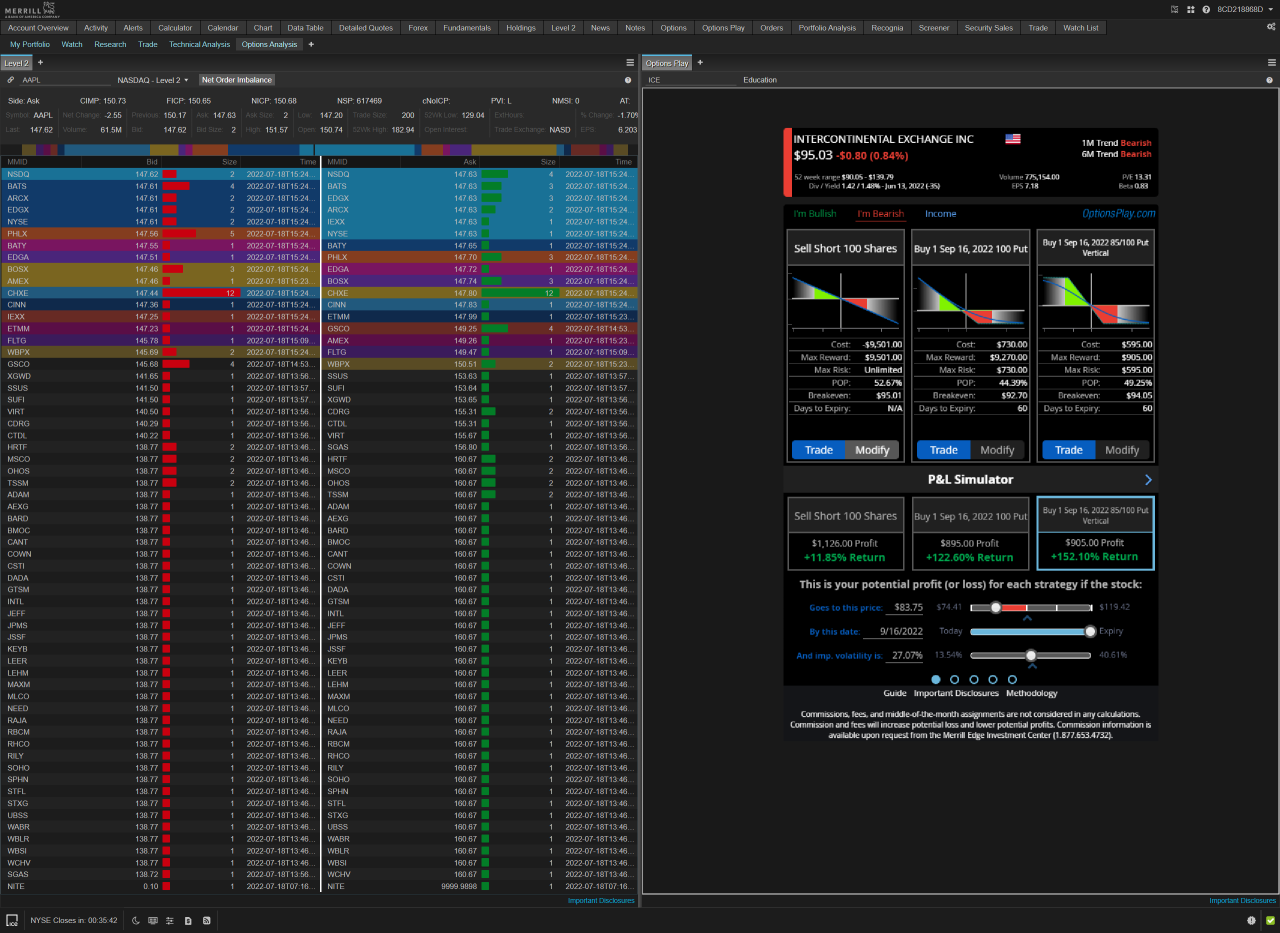Exploring the intricate relationship between political events and global share dynamics unveils a fascinating narrative of how governments' decisions and geopolitical conflicts can significantly influence stock markets worldwide. From historical examples to current regulatory changes, this discussion sheds light on the intricate interplay between politics and financial markets.
Delving deeper into how political instability, regulatory shifts, and diplomatic relationships shape investor sentiment and stock prices, this exploration promises to provide valuable insights into the intricate world of global share dynamics.
The Influence of Political Events on Global Share Dynamics

Political events have a significant impact on global share dynamics, influencing investor sentiment and market trends. Here are some examples of how political events have historically shaped global share markets:
Impact of Political Instability on Investor Confidence
Political instability or uncertainty in a country can lead to a lack of investor confidence, causing fluctuations in stock prices and market volatility. For instance, the Brexit referendum in the UK in 2016 resulted in heightened uncertainty, leading to fluctuations in the British pound and stock market indices.
Government Policies and Market Trends
Government policies and decisions can also play a crucial role in shaping global market trends. For example, the implementation of trade tariffs or economic sanctions by governments can impact international trade and corporate earnings, thereby influencing stock prices. The recent trade tensions between the US and China have had a significant impact on global stock markets.
Geopolitical Conflicts and Their Impact on Share Prices
Geopolitical conflicts, such as trade wars and sanctions, have a significant impact on global share dynamics. These conflicts can create uncertainty in the market, leading to fluctuations in stock prices as investors react to the changing landscape of international relations.
Correlation between Political Tensions and Stock Markets
Political tensions between countries can directly influence stock markets around the world. For example, when two countries are engaged in a trade war, tariffs and other restrictions can affect the profitability of companies that rely on international trade. This can lead to a decrease in stock prices for those companies, causing ripples throughout the market.
Diplomatic Relationships and Stock Exchanges
Diplomatic relationships play a crucial role in international investments and stock exchanges. Strong diplomatic ties between countries can foster a sense of stability and trust, which is essential for investors looking to expand their portfolios globally. On the other hand, strained diplomatic relations can create uncertainty and volatility in the market, leading to fluctuations in share prices.
Regulatory Changes and Stock Market Reactions

Regulatory changes, such as alterations in tax policies or trade agreements, can have a significant impact on share prices globally. These changes can directly influence the profitability and competitiveness of companies, ultimately affecting their stock performance.
Impact of Tax Policies on Stock Market
Changes in tax policies can lead to fluctuations in stock prices as they directly affect the financial health of companies. For example, a decrease in corporate tax rates can boost company earnings and shareholder value, leading to a rise in stock prices.
Trade Agreements and Stock Market Performance
Trade agreements play a crucial role in shaping global trade dynamics, and any disruptions or modifications to these agreements can impact stock markets worldwide. For instance, the imposition of tariffs or barriers to trade can negatively affect companies that rely heavily on international markets, leading to a decline in their stock prices.
Investor Reaction to Regulatory Changes
Investors closely monitor regulatory changes and anticipate their potential impact on the stock market. They may adjust their investment strategies based on these anticipated changes to mitigate risks or capitalize on opportunities. For example, investors may sell off stocks in industries expected to be negatively impacted by new regulations and invest in sectors likely to benefit from the changes.
Political Leadership and Market Sentiment
Political leadership plays a crucial role in shaping market sentiment and influencing investor behavior. The actions and statements of political leaders can have a significant impact on the stock market trends, either positively or negatively. Let's delve deeper into how political developments can affect market dynamics.
Effects of Political Developments on Stock Market Trends
- Positive Political Developments:
- Positive statements or actions by political leaders, such as pro-business policies or reforms, can boost investor confidence and lead to a rise in stock prices.
- Political stability and a clear economic vision can attract foreign investments, driving market growth and increasing share values.
- Examples like tax cuts, infrastructure spending, or trade agreements can have a positive impact on stock market trends.
- Negative Political Developments:
- Political instability, corruption scandals, or controversial policies can create uncertainty among investors, leading to a decline in stock prices.
- Geopolitical tensions, conflicts, or sudden leadership changes can trigger market volatility and result in a sell-off of shares.
- Events like trade wars, sanctions, or regulatory crackdowns can negatively impact stock market trends.
Political Stability/Turmoil and Global Market Sentiment
The level of political stability or turmoil in a country can have ripple effects on the overall global market sentiment. Here are some key points to consider:
- Political Stability:
- A stable political environment with consistent policies and leadership can foster investor confidence and support long-term growth in the stock market.
- Countries with strong institutions and predictable governance structures are more likely to attract foreign investments and drive positive market sentiment.
- Investors tend to view politically stable countries as safer bets, leading to higher valuations and sustained market performance.
- Political Turmoil:
- Political unrest, civil conflicts, or regime changes can create uncertainty and fear in the markets, causing a flight of capital and a downturn in share prices.
- Investors may become cautious or even pull out investments in countries experiencing political turmoil, leading to market downturns and volatility.
- Global market sentiment can be negatively impacted by political crises in key economies, affecting overall investment decisions and market stability.
Epilogue
As we conclude our discussion on how political events shape global share dynamics, it becomes evident that the political landscape plays a crucial role in dictating market movements and investor behavior. By understanding the impact of political factors on stock markets, one can navigate the complexities of global share dynamics with greater clarity and insight.
FAQ Section
How do political events impact global share markets?
Political events can influence global share markets through changes in investor confidence, stock prices, and market trends. For example, political instability or uncertainty can lead to fluctuations in stock prices.
What role do regulatory changes play in shaping global share dynamics?
Regulatory changes, such as tax policies or trade agreements, can directly impact share prices globally. Investors closely monitor and react to these changes that may affect the performance of global shares.
How does political leadership affect market sentiment?
Political leaders' actions and statements can influence market sentiment and investor behavior. Positive or negative political developments can impact stock market trends, reflecting the overall global market sentiment.




